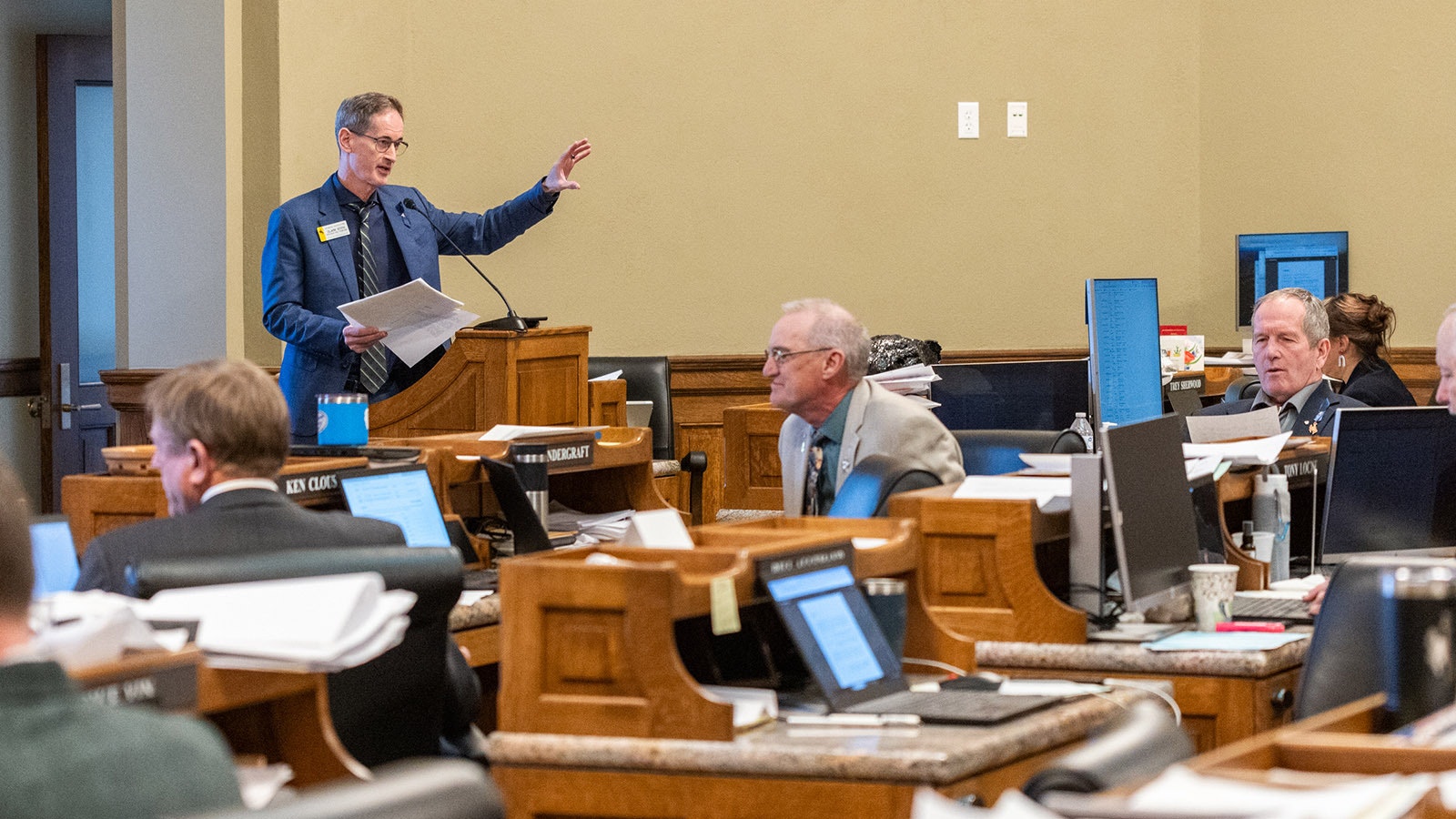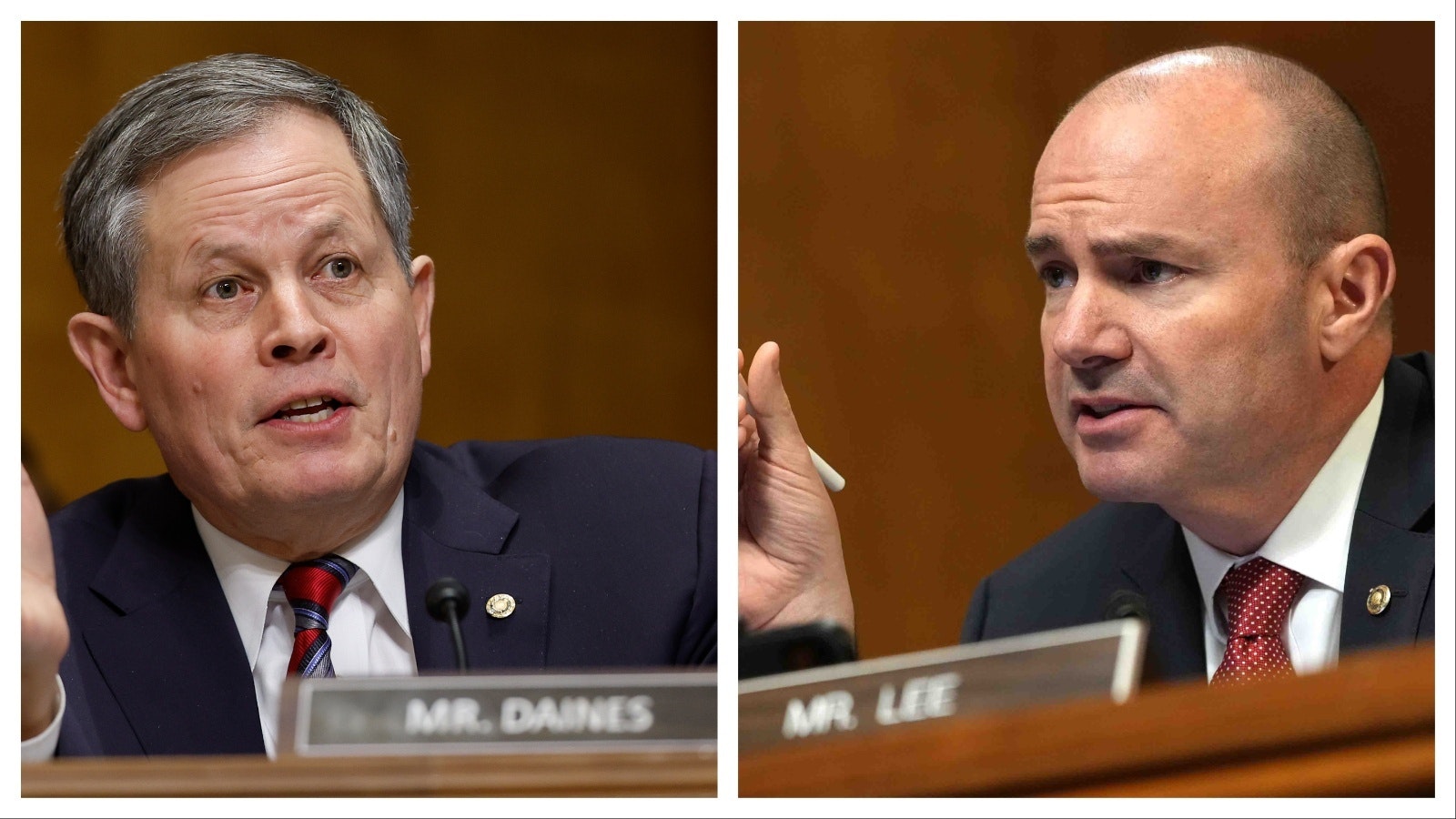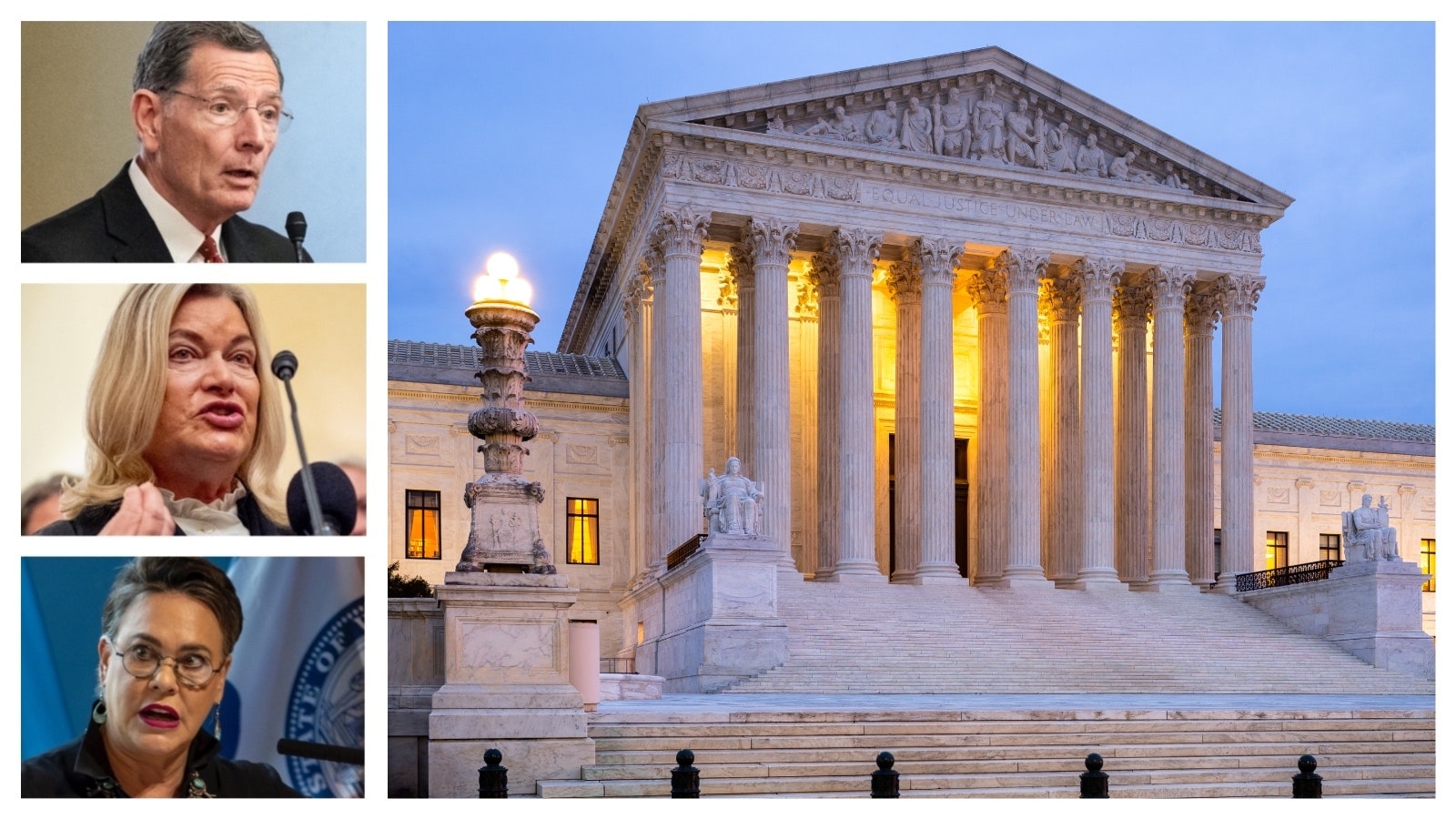Update: Within hours of this bill clearing the Wyoming House of Representatives, the Senate concurred with the House's many changes to it and advanced it to Gov. Mark Gordon's desk.
A bill barring schools from keeping students’ health information secret from parents cleared the Wyoming House of Representatives in a 55-7 vote Thursday, and now heads back to the Senate for a consent vote on its recent amendments.
If the Senate approves the changes to Senate File 9 and Gov. Mark Gordon does not veto it, it will become law in the coming days and be effective July 1.
What It Does
Titled Parental Rights In Education, SF 9 would require schools to notify parents of changes in a student’s physical, mental or emotional health, and encourage students to discuss those issues with their parents or guardians.
It also forbids schools from blocking parents’ access to their students’ health or other records, and bans policies that would allow secret-keeping from parents.
Schools also would have to get permission for most health screenings.
The bill contains a carveout so that nothing in it can prevent a school from keeping secrets from parents if there’s a reasonable belief the child will be abused otherwise.
Last-Minute Changes
Rep. Landon Brown, R-Cheyenne, made some last-minute changes to the bill before giving his aye vote to it Thursday morning.
He proposed an amendment — which the House passed — authorizing schools to perform hearing, vision, scoliosis and body-mass index screenings unless a parent opts out of those.
For any other health screenings, parents would still have to opt in for a school to perform them.
Brown also proposed (and the House added) an amendment allowing school nurses to perform “routine” treatments on kids, such as dealing with bloody noses, without prior consent.
Sexual Orientation, Gender Identity
Rep. Sarah Penn, R-Fort Washakie, added a significant amendment of her own, which received some pushback but ultimately passed.
It says schools must obtain permission from parents before teaching about sexual orientation or gender identity.
Rep. Dan Zwonitzer, R-Cheyenne, said the amendment is broad and could have unintended consequences.
“When people use the term sexual orientation or gender identity, they’re thinking of a certain ideology in their minds, but being heterosexual is in fact a sexual orientation,” said Zwonitzer.
He said the amendment could ban discussions on marriage, family life, parenting — “adulting.”
Penn countered, saying “parents need to be involved” in the discussions on sexual orientation and gender identity.
‘Educational Health’
The House adopted an amendment by Republican Rep. Scott Heiner of Green River, adding a requirement for schools to notify parents of changes in a student’s “educational health,” a term Brown questioned as ambiguous.
Heiner countered, saying a sudden drop in grades can indicate bigger issues and parents should know about that too.
His amendment also forbade districts from adopting “informal rules” going against the bill’s tenets, in addition to official policies.
Heiner said in his community, more than 50 families are watching this bill.
The Amendments That Failed
Zwonitzer also offered an amendment so that schools would only be required to update parents on “negative” changes to students’ well-being, but the House rejected that amendment, with critics saying the term “negative” is too subjective.
Rep. Jeremy Haroldson, R-Wheatland, offered a change letting parents sue school districts or employees for money if districts violate the act. He characterized it as a mechanism clarifying parents’ ability to file lawsuits.
The House rejected that amendment.
Rep. Clark Stith, R-Rock Springs, who is a practicing attorney, said parents already can ask a court for an injunction — that is, a judge’s order nullifying a school’s harmful policy or course of action.
Stith said adding the money damages amendment would create a “cottage industry for lawyers” and a pileup of litigation.
Haroldson countered, saying monetary losses can be involved when a school keeps secrets from parents. He cited an out-of-state case in which a girl was reportedly given a chest binder and it caused medical complications.
The Nays
The seven nays included all five Democratic delegates to the House: Reps. Karlee Provenza, Trey Sherwood and Ken Chestek of Laramie, and Reps. Mike Yin and Liz Storer of Jackson.
The two Republicans opposing the bill were Reps. Bob Nicholas and Bill Henderson, both of Cheyenne.
Meanwhile, In The Senate
Meanwhile, the Senate is contemplating a simpler, less-specific approach to this issue, in Stith’s House Bill 92, the Protection Of Parental Rights bill.
It passed the House last week and faces a Senate Judiciary Committee hearing Monday before it can advance to the Senate floor.
Stith’s bill doesn’t contain the “shall” and “shall-not” language in SF 9, but rather specifies that schools are under a heightened level of judicial scrutiny if they don’t honor parents’ rights in their communications with parents.
Stith voted in favor of SF 9, but told Cowboy State Daily in the past that he liked that his own bill operated from “a very high level.”
Clair McFarland can be reached at clair@cowboystatedaily.com.





